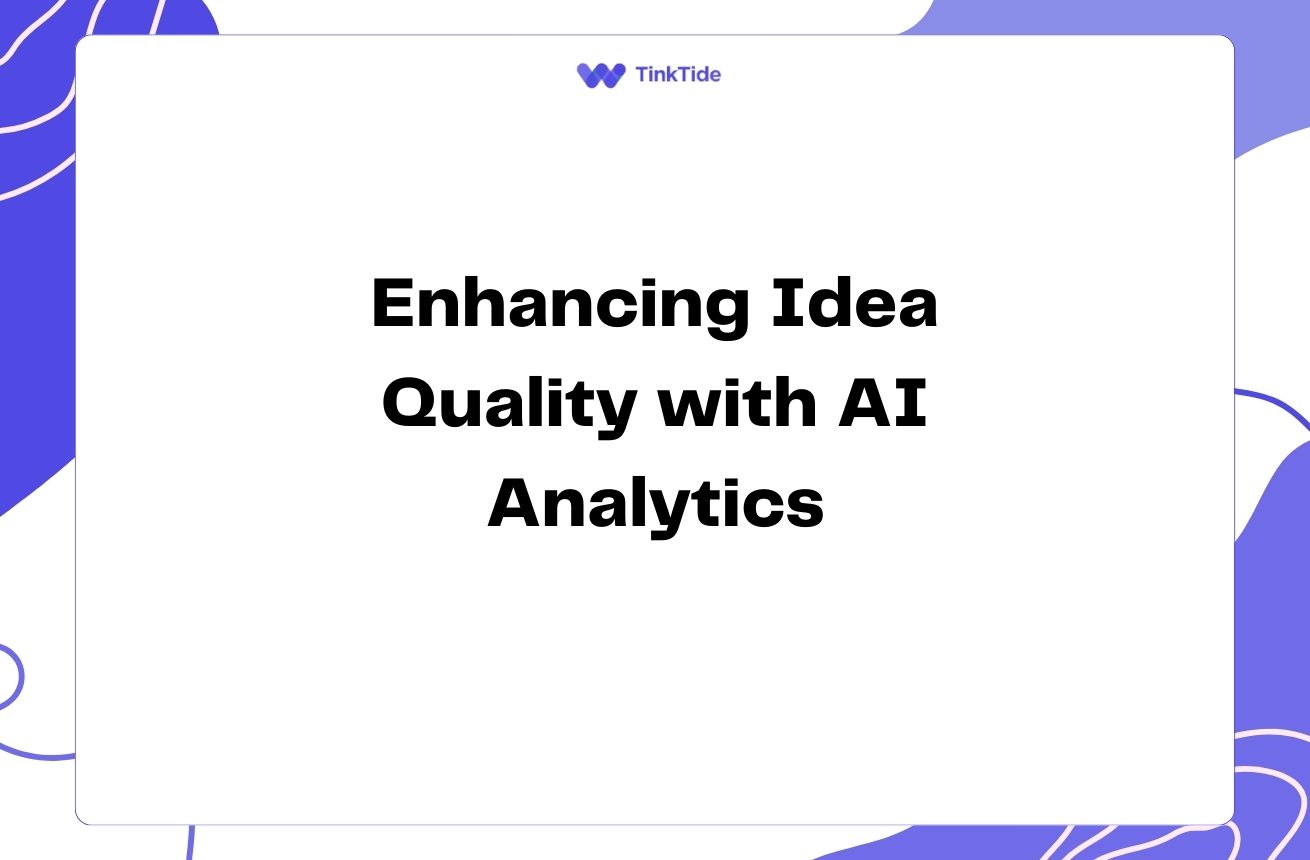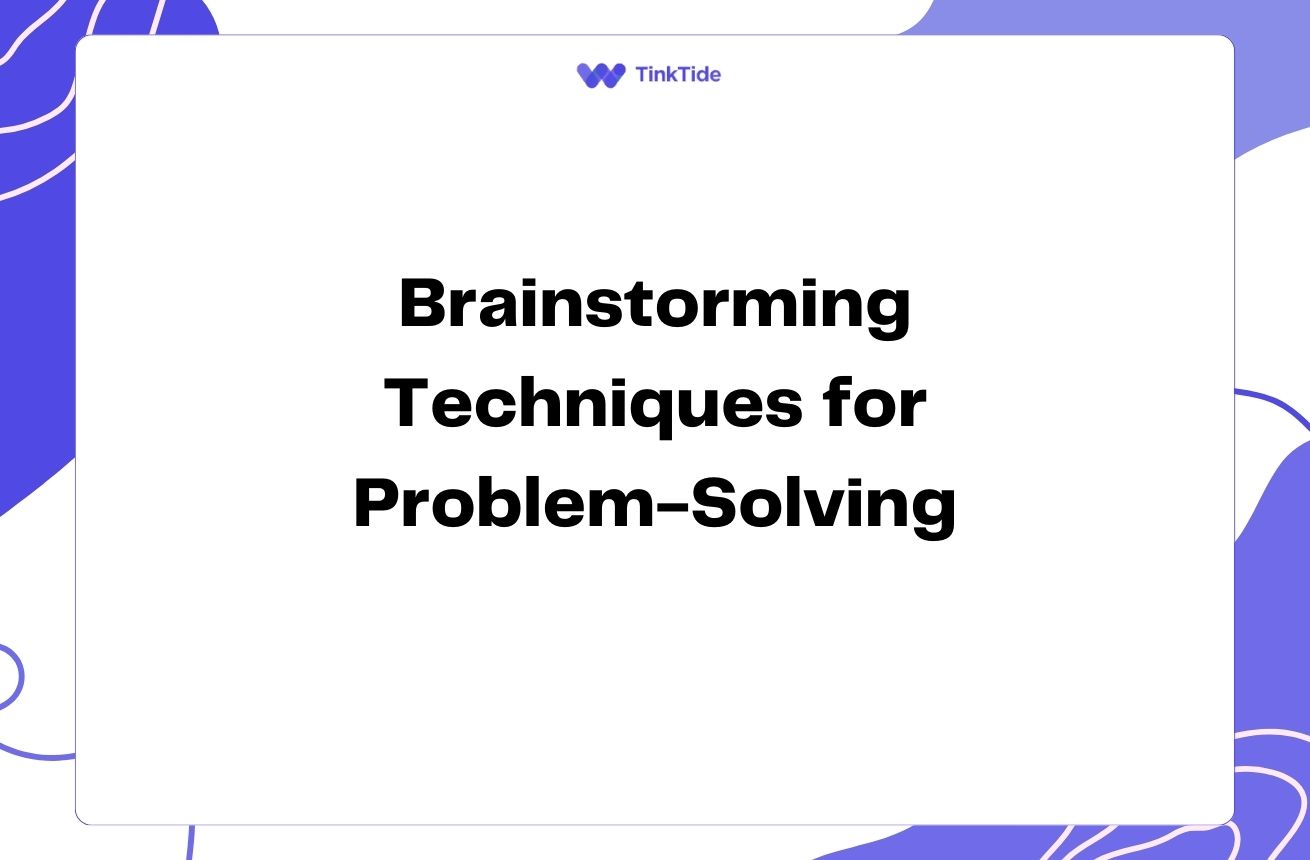AI's Role in Generating Sustainable and Eco-Friendly Ideas
The Power of AI in Sustainable Innovation
Artificial Intelligence (AI) has emerged as a game-changer in various industries, and its potential to drive sustainable and eco-friendly innovations is truly remarkable. By leveraging vast amounts of data and complex algorithms, AI can generate ideas and solutions that human minds might overlook or take years to develop.
One of the key strengths of AI in sustainability is its ability to analyze patterns and predict outcomes on a massive scale. For instance, AI models can forecast climate change impacts with unprecedented accuracy, helping researchers and policymakers develop targeted strategies for mitigation and adaptation.
Moreover, AI-powered systems can optimize resource allocation, reduce waste, and improve energy efficiency across various sectors. From smart grids that balance energy supply and demand to AI-driven recycling systems that sort materials with high precision, the applications are diverse and impactful.
As we delve deeper into AI's role in generating sustainable ideas, it's important to recognize that this technology is not just a tool, but a catalyst for a new era of environmental stewardship and innovation.
Key Areas Where AI Drives Sustainability
AI's impact on sustainability spans across multiple domains, each with its own set of challenges and opportunities. Here are some key areas where AI is making significant contributions:
- Energy Management: AI optimizes energy consumption in buildings and industrial processes.
- Waste Reduction: Machine learning algorithms improve recycling efficiency and reduce landfill waste.
- Sustainable Agriculture: AI-powered systems optimize crop yields while minimizing resource use.
- Green Transportation: AI enhances electric vehicle technology and optimizes traffic flow for reduced emissions.
- Climate Modeling: Advanced AI models provide more accurate climate predictions and risk assessments.
AI-Powered Idea Generation for Sustainability
One of the most exciting applications of AI in sustainability is its ability to generate novel ideas and solutions. By analyzing vast datasets and identifying patterns that humans might miss, AI can propose innovative approaches to environmental challenges.
For example, researchers have used AI to discover new materials for more efficient solar panels and batteries, potentially revolutionizing renewable energy technology. These AI-generated ideas often combine elements from different fields, leading to cross-disciplinary innovations that push the boundaries of sustainable technology.
AI can also assist in designing more sustainable products by simulating various scenarios and optimizing for factors like energy efficiency, recyclability, and longevity. This approach not only reduces the environmental impact of products but also often leads to cost savings and improved performance.
Furthermore, AI-driven ideation can help identify potential environmental risks and propose preventive measures before problems escalate. This proactive approach is crucial in addressing complex issues like biodiversity loss and pollution.
Collaborative AI: Enhancing Human Creativity
While AI excels at processing vast amounts of data and identifying patterns, human creativity and intuition remain invaluable in the pursuit of sustainable solutions. The most effective approach is often a collaboration between AI systems and human experts.
AI can serve as a powerful brainstorming partner, generating a wide range of ideas that humans can then evaluate, refine, and implement. This collaborative approach combines the computational power of AI with human judgment and ethical considerations.
For instance, in urban planning, AI can propose multiple sustainable city designs based on various parameters. Urban planners and architects can then use these AI-generated ideas as a starting point, adapting them to local needs and cultural contexts.
This human-AI collaboration ensures that the solutions generated are not only technically feasible but also socially and ethically responsible, addressing the multifaceted nature of sustainability challenges.
Overcoming Challenges in AI-Driven Sustainability
While the potential of AI in generating sustainable ideas is immense, there are challenges that need to be addressed. One major concern is the energy consumption of AI systems themselves, which can be substantial. Researchers are working on developing more energy-efficient AI algorithms and hardware to mitigate this issue.
Another challenge is ensuring the reliability and transparency of AI-generated ideas. It's crucial to have robust validation processes in place to verify the feasibility and potential impact of AI-proposed solutions. This often requires interdisciplinary collaboration and rigorous testing.
Data quality and availability also play a critical role. For AI to generate meaningful sustainable ideas, it needs access to comprehensive, accurate, and up-to-date environmental data. Initiatives like World Environment Day are crucial in promoting the collection and sharing of environmental data globally.
Addressing these challenges will be key to fully harnessing the power of AI in driving sustainable innovation and eco-friendly solutions.
Steps to Implement AI for Sustainable Ideation
To leverage AI effectively for generating sustainable and eco-friendly ideas, organizations can follow these steps:
- Step 1: Define clear sustainability goals and challenges
- Step 2: Gather and prepare relevant environmental and operational data
- Step 3: Choose appropriate AI tools and algorithms for idea generation
- Step 4: Train AI models on sustainability principles and best practices
- Step 5: Implement a collaborative process for AI-human ideation
- Step 6: Validate and refine AI-generated ideas through expert review
- Step 7: Pilot test promising ideas and measure their impact
Future Prospects of AI in Sustainable Innovation
As AI technology continues to advance, its potential to drive sustainable innovation will only grow. We can expect to see more sophisticated AI models that can tackle increasingly complex environmental challenges and generate even more innovative solutions.
One exciting prospect is the development of AI systems that can autonomously design and optimize sustainable technologies. For example, AI could potentially design self-repairing solar panels or create new materials that capture carbon dioxide more efficiently.
Another area of future growth is the integration of AI with other emerging technologies like the Internet of Things (IoT) and blockchain. This convergence could lead to highly efficient, transparent, and sustainable systems across various industries.
As we look to the future, it's clear that AI will play a crucial role in shaping a more sustainable world. By harnessing its power responsibly and creatively, we can unlock new possibilities for eco-friendly innovation and drive meaningful progress towards our environmental goals.
Common Questions About AI in Sustainability
As AI's role in sustainability grows, many questions arise. Here are some common queries and their answers:
How does AI contribute to sustainable idea generation?
AI contributes to sustainable idea generation by analyzing vast amounts of environmental data, identifying patterns, and proposing innovative solutions that humans might overlook. It can combine insights from various fields, leading to cross-disciplinary innovations in areas like renewable energy, waste reduction, and sustainable agriculture.
Can AI replace human creativity in developing eco-friendly solutions?
While AI is a powerful tool for generating ideas, it's not meant to replace human creativity. Instead, AI enhances human capabilities by providing data-driven insights and proposing novel solutions. The most effective approach is a collaboration between AI systems and human experts, combining computational power with human judgment and ethical considerations.
What are the challenges in using AI for sustainable innovation?
Key challenges include the energy consumption of AI systems themselves, ensuring the reliability and transparency of AI-generated ideas, and the need for high-quality environmental data. Additionally, there's a need for interdisciplinary collaboration to validate and implement AI-proposed solutions effectively.
How can organizations start using AI for sustainable ideation?
Organizations can start by clearly defining their sustainability goals, gathering relevant data, choosing appropriate AI tools, and implementing a collaborative process for AI-human ideation. It's important to train AI models on sustainability principles and validate AI-generated ideas through expert review and pilot testing.
What's the future of AI in driving sustainability?
The future of AI in sustainability is promising, with potential developments including AI systems that can autonomously design sustainable technologies, integration with IoT and blockchain for more efficient systems, and more sophisticated models tackling complex environmental challenges. As AI continues to advance, its role in shaping a more sustainable world is expected to grow significantly.
Additional Resources
AI for Earth
Microsoft's initiative using AI to solve global environmental challenges
The Alan Turing Institute: AI for Science and Government
Research on AI applications in environmental science and policy
World Economic Forum: AI for the Environment
Articles and reports on AI's role in environmental sustainability
Nature: Tackling Climate Change with Machine Learning
Comprehensive review of ML applications in climate change mitigation
Google AI for Social Good
Google's initiatives using AI for environmental and social impact
Embracing AI for a Sustainable Future
As we've explored, AI has immense potential to drive sustainable innovation and generate eco-friendly ideas. From optimizing energy use to designing new materials for renewable technologies, AI is proving to be a powerful ally in our quest for a greener future.
The key to harnessing this potential lies in responsible implementation, interdisciplinary collaboration, and a commitment to addressing the challenges that come with AI adoption. By combining the computational power of AI with human creativity and ethical considerations, we can unlock new possibilities for sustainable development.
As individuals, organizations, and societies, we must embrace AI as a tool for positive change. By investing in AI research, fostering AI literacy, and creating supportive policies, we can accelerate the development and adoption of AI-driven sustainable solutions. The future of our planet depends on our ability to innovate and adapt, and AI offers us a powerful means to do just that.
Start Your AI-Driven Sustainability Journey
Discover how Tinktide can help you leverage AI for sustainable innovation.
Start Your Free Trial

